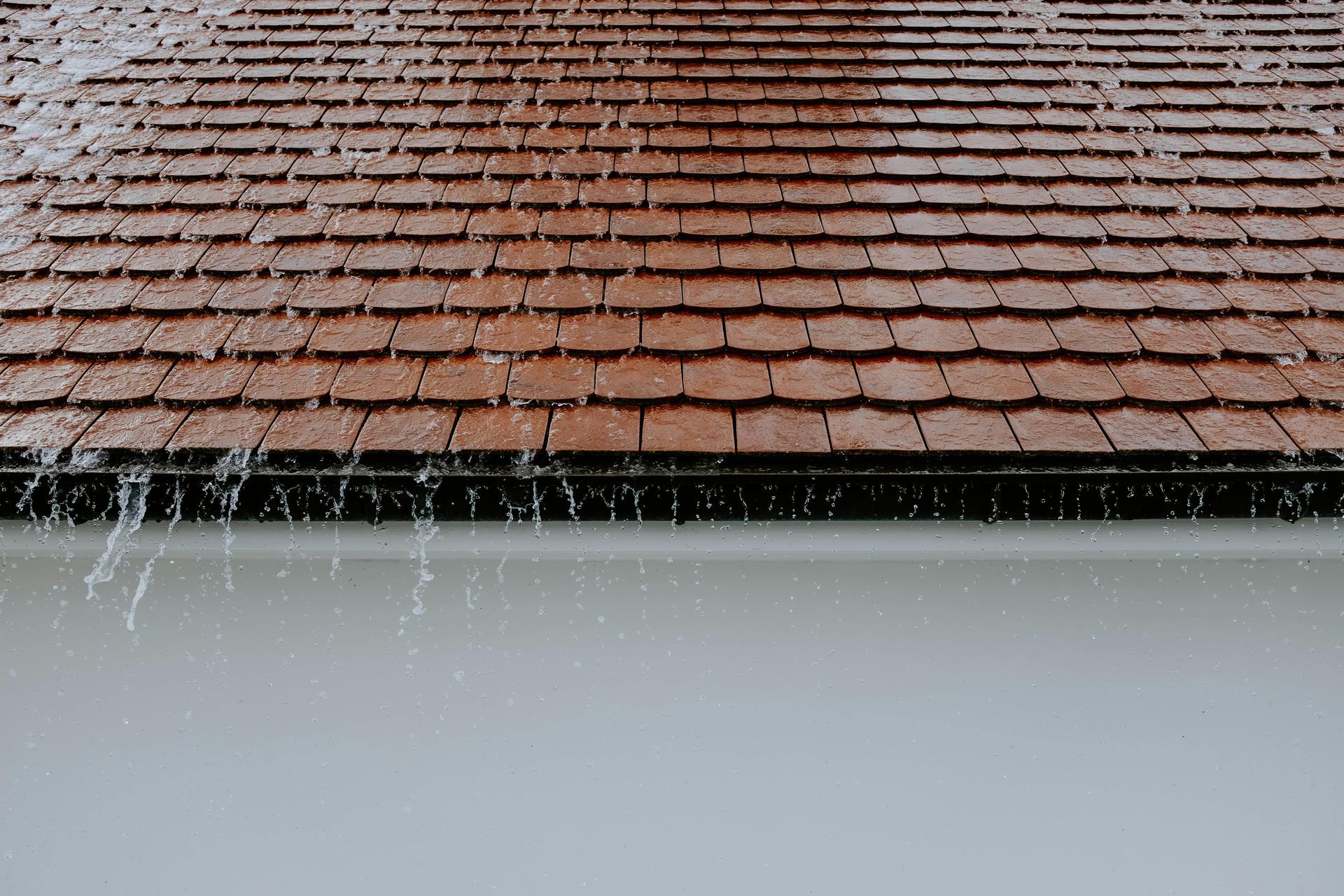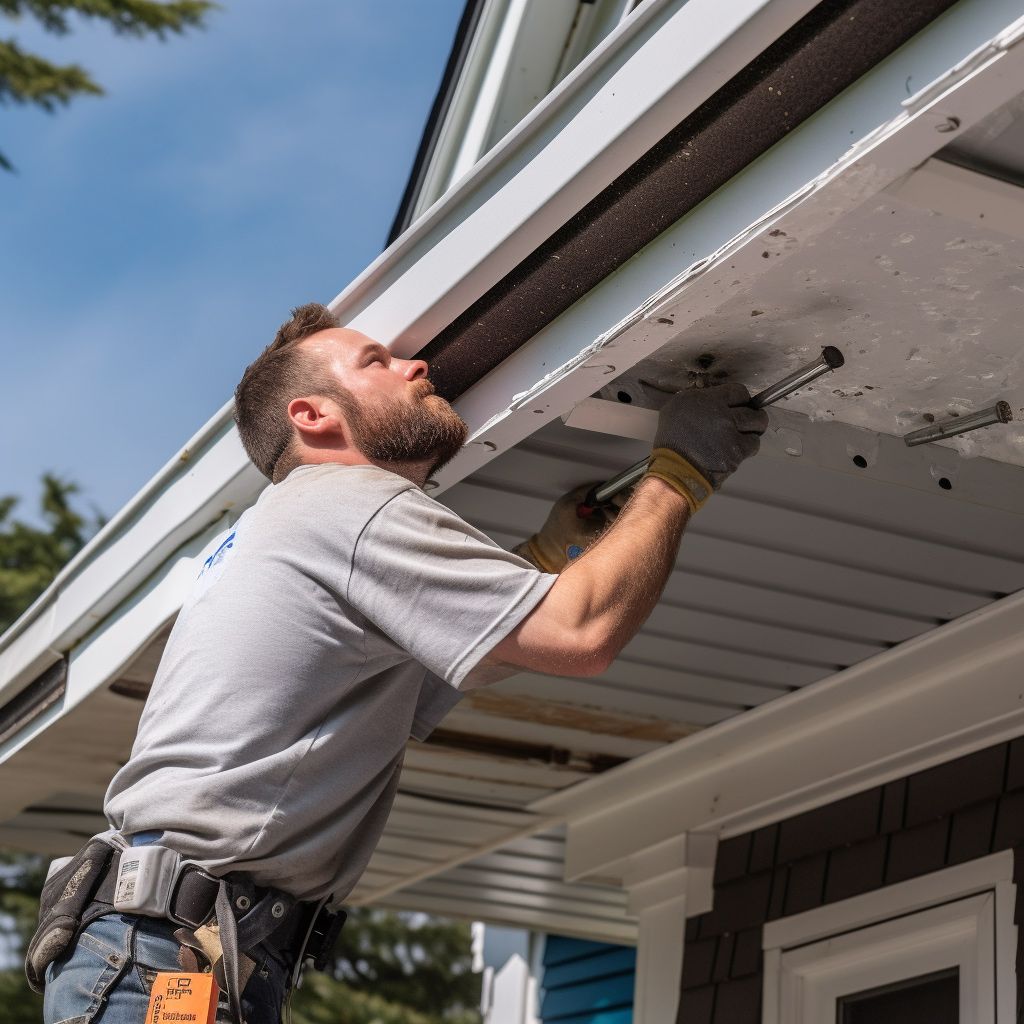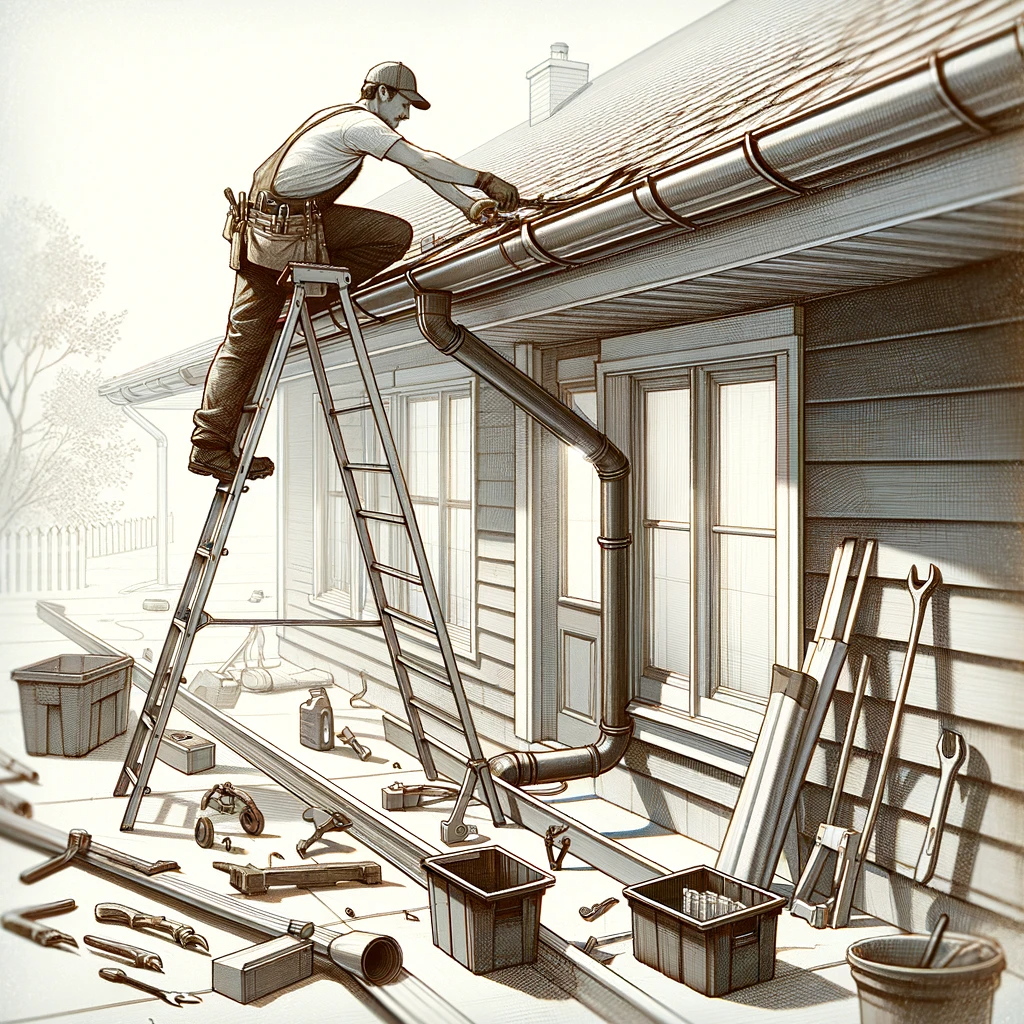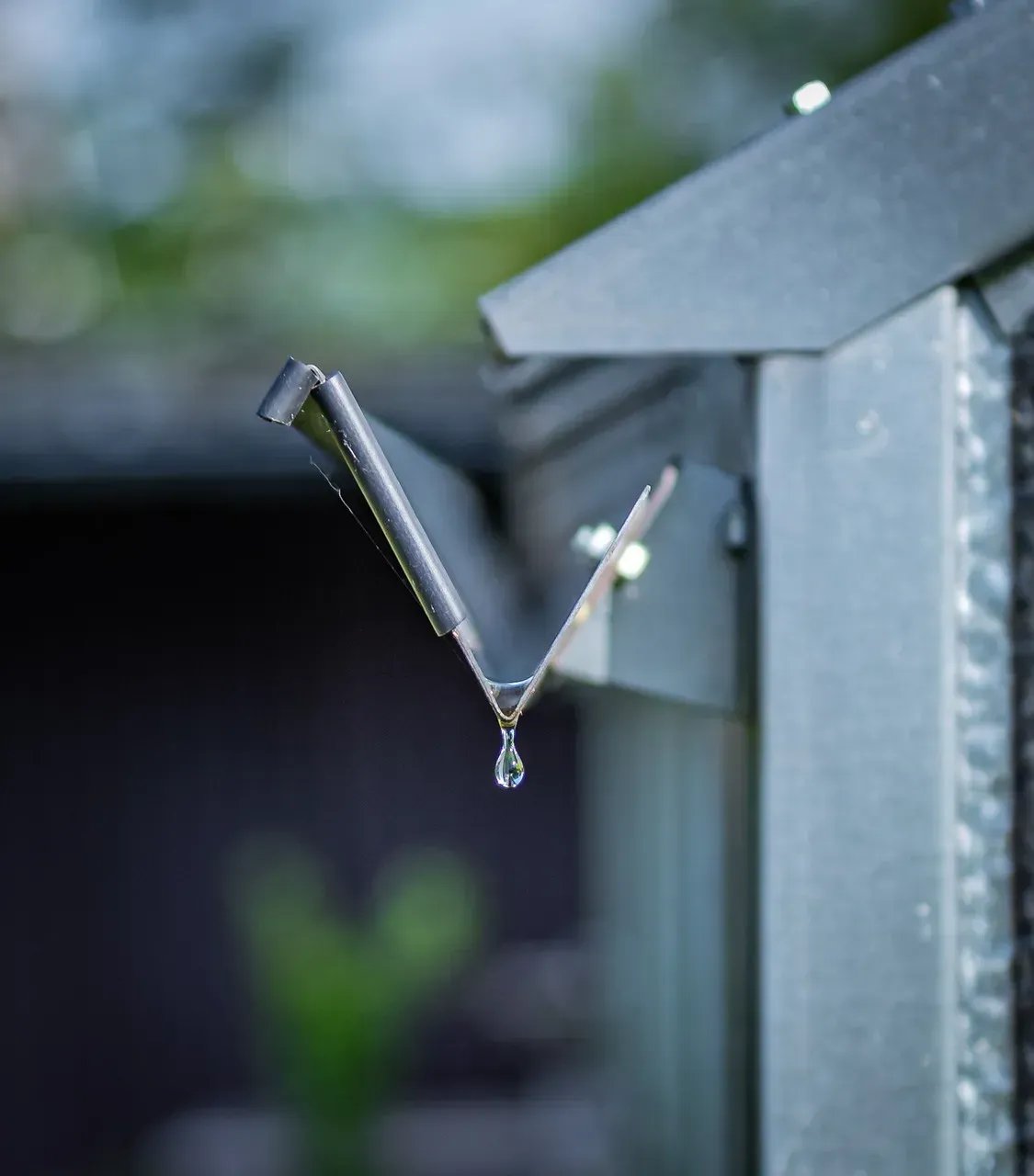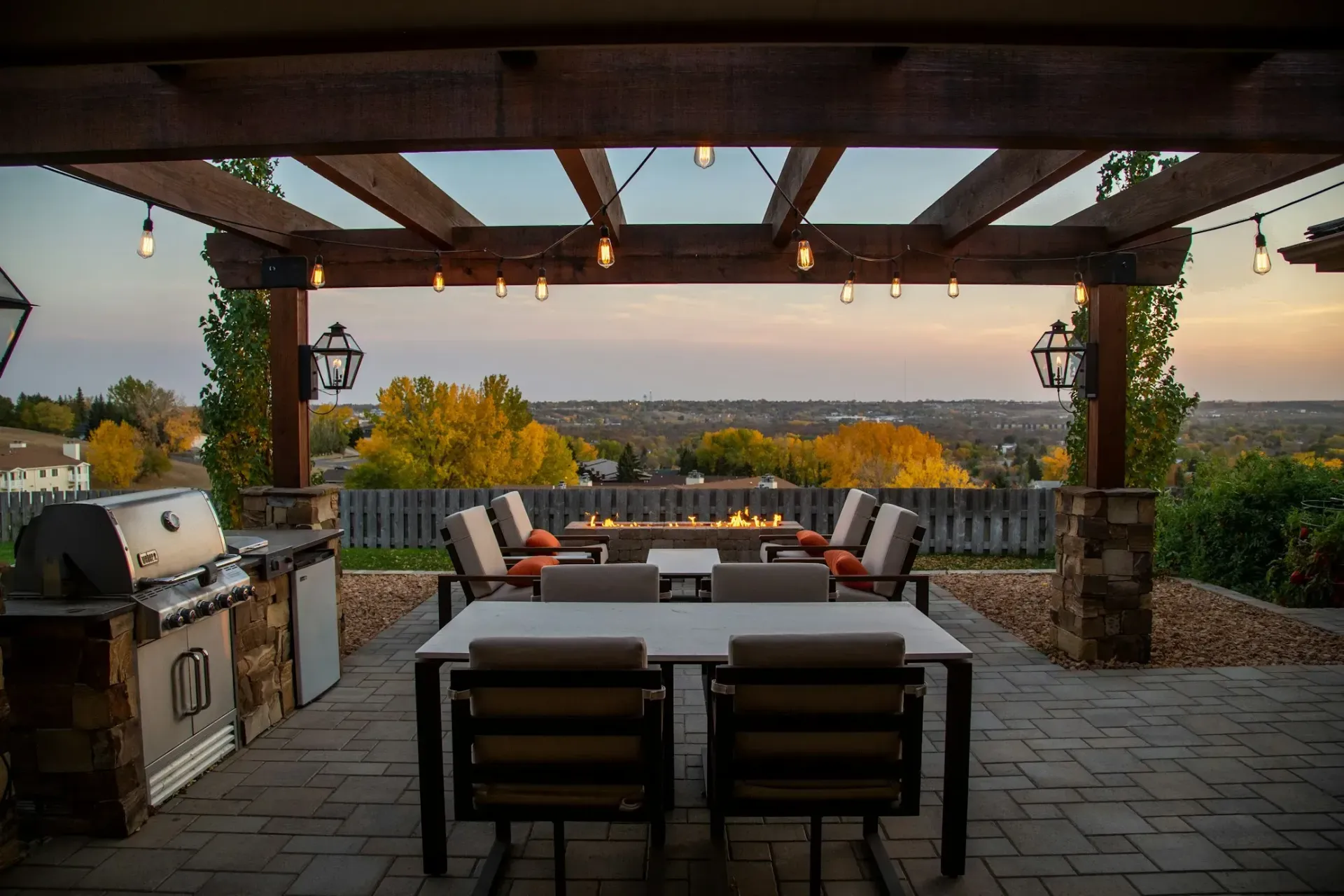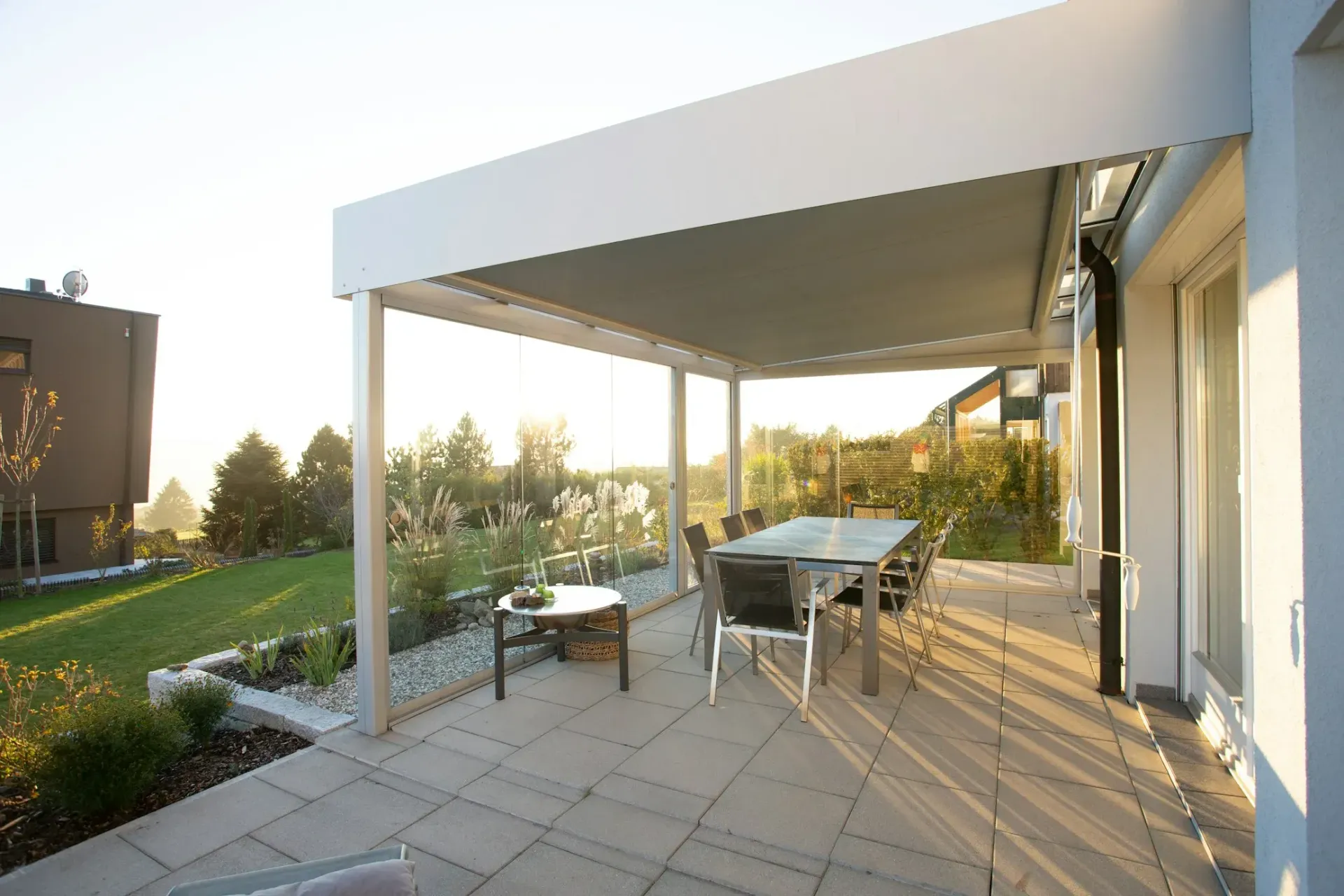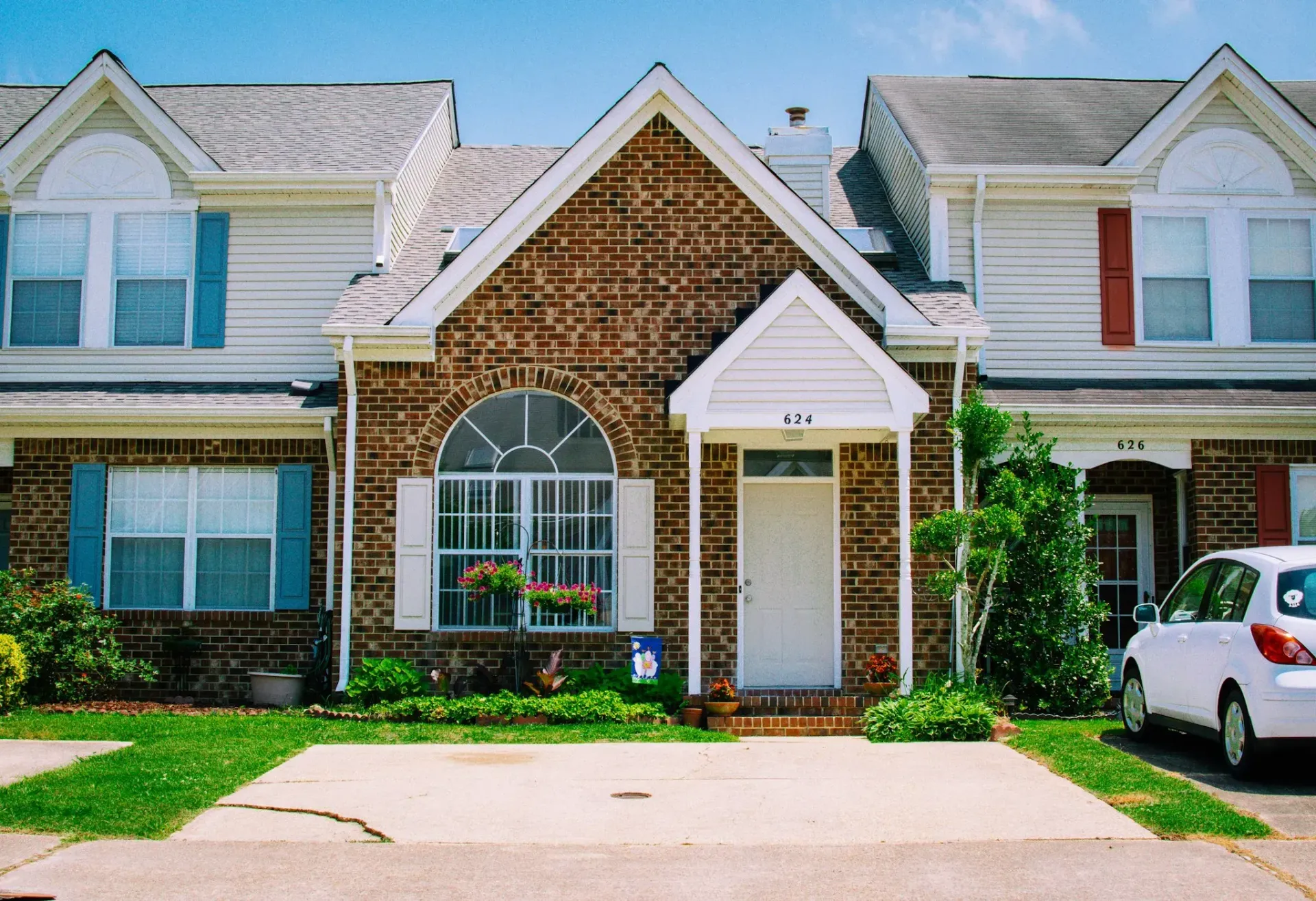Essential Factors to Consider Before Installing Gutters
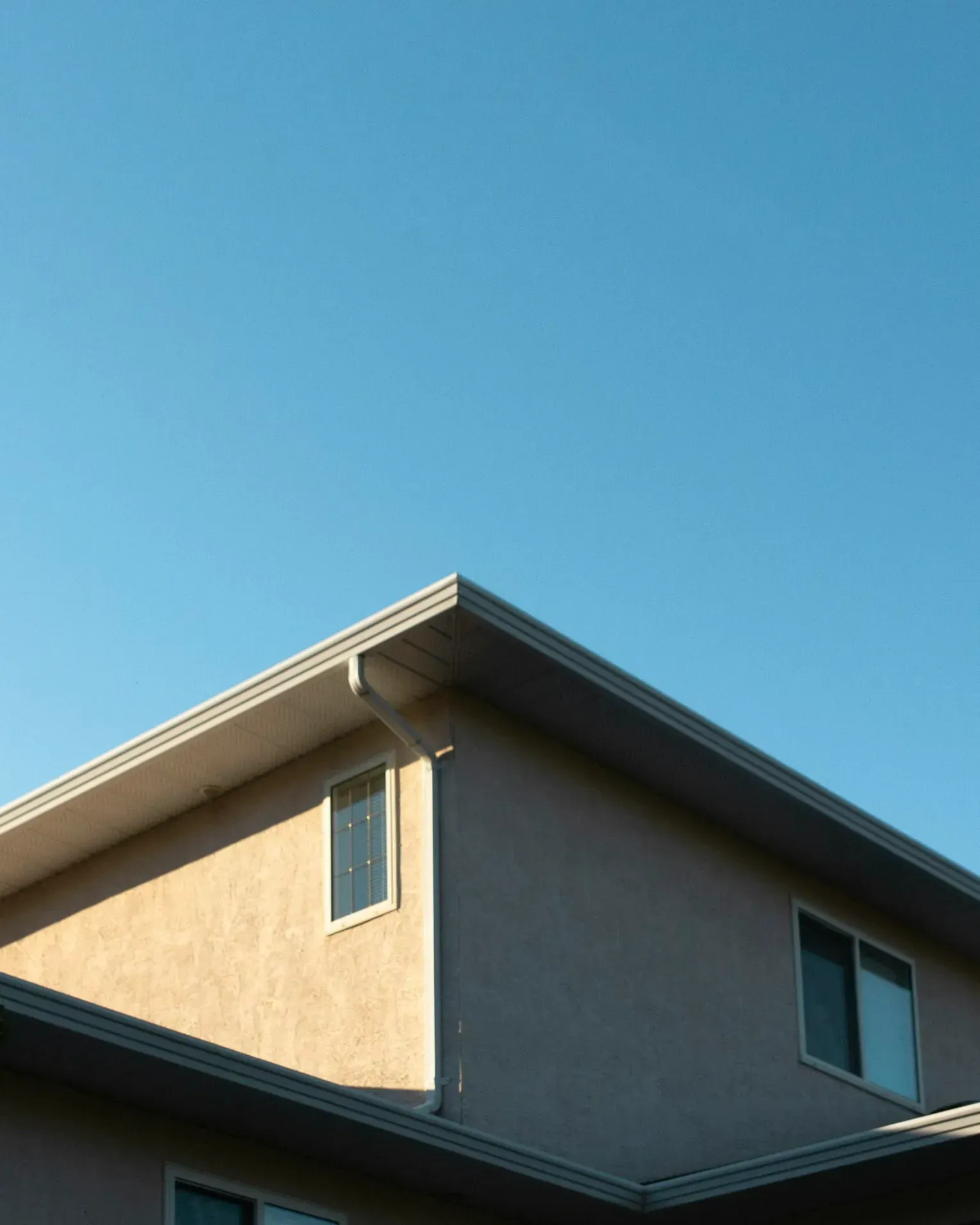
Gutters are more than just an accessory for your home; they're a necessity for diverting water away from your foundation and preventing soil erosion, basement flooding, and siding damage. Choosing the right gutters isn't a one-size-fits-all scenario—it requires a thoughtful consideration of several key factors. This guide is designed to walk you through these considerations, ensuring your gutter installation meets your home’s needs efficiently and effectively. Whether you’re replacing old gutters or installing them on a new home, making an informed decision will save you time, money, and a lot of hassle in the long run.
Roof Pitch and Style Impact
The design and slope of your roof are crucial when picking out gutters. Here's why: The steeper your roof, the faster rainwater will flow off it. This means you'll need gutters that can handle a rapid flow of water to prevent overflow. For roofs with a gentle slope, standard gutters usually do the job well, but steep roofs might require wider gutters or additional downspouts.
Your roof's style also dictates the best gutter fit. Simple roof lines work well with most gutter types, but if your roof is complex—with features like valleys, dormers, or multiple levels—you might need a custom solution. This ensures every part of your roof is adequately drained, avoiding water pooling and the potential damage it can cause.
Choosing gutters isn't just about function, though. They should also match your home's look. Whether your house is modern or traditional, there are gutter styles and materials that can complement its design. It's about finding the right balance between how well they work and how good they look on your home.
For these reasons, getting advice from a gutter installation expert can be a game-changer. They can help you navigate the specifics of your roof's design and recommend the best gutters for both performance and aesthetics.
Local Rainfall Intensity
The volume of rain your area typically receives is a key determinant in selecting the size and capacity of your gutters. In regions with heavy rainfall, it's vital to have gutters that can cope with large amounts of water to prevent overflow, which can lead to water damage to your home’s foundation and landscaping.
To make an informed decision, look into your area's average rainfall rates. This data, often available through local weather stations or environmental agencies, can guide you in choosing gutters that are up to the task. For instance, if your locality is known for its torrential rains, opting for larger, more robust gutter systems would be wise to ensure efficient water management.
Moreover, consider the frequency and intensity of rainstorms in your decision. Areas prone to sudden, heavy downpours need gutters that can quickly channel water away, reducing the risk of overflow during peak rainfall.
Gutter Materials
The material of your gutters isn't just about aesthetics; it plays a significant role in durability, maintenance, and cost. Here's a brief overview:
Aluminum: Lightweight and resistant to rust, aluminum gutters are a popular choice. They're affordable and come in a variety of colors but can dent more easily than other materials.
Vinyl: Vinyl gutters are the most budget-friendly option. They're easy to install and won't rust or corrode. However, they may become brittle and crack in extreme cold or fade in direct sunlight over time.
Steel: If you're looking for strength, steel gutters are a great choice. They can handle heavy loads and resist damage from severe weather. Steel gutters can rust over time unless they're coated with a rust-resistant layer.
Copper: Copper gutters are highly durable and develop a protective patina over time. They're often chosen for their elegant appearance. However, copper is more expensive than other materials and requires professional installation.
Each material has its pros and cons, depending on your budget, climate, and the look you want for your home. Choose a material that meets your needs for both functionality and style.
Gutter Styles and Shapes
Gutters aren't one-size-fits-all; their style and shape can significantly impact both their performance and how they blend with your home's exterior. The most common types include:
K-style: These gutters have flat bottoms and backs, and the front side usually has a decorative shape, resembling crown molding. K-style gutters are popular for their capacity to hold more water than round gutters and for their aesthetic appeal, fitting well with modern home designs.
Half-round: These are exactly what they sound like – half-circular tubes. Half-round gutters are often chosen for their historical look, making them a great fit for older or traditional-style homes. While stylish, they typically carry less water than K-style gutters.
Your choice between K-style and half-round (or any other style) should consider both the architectural style of your home and the rainfall your area receives. Some styles may be more efficient in certain climates or better match the aesthetic of your home.
Moreover, the shape of your gutter affects not only how much water it can carry but also how easy it is to clean and maintain. For instance, K-style gutters may require more effort to clean due to their shape, but their higher capacity can be a trade-off worth considering.
Cost Considerations
Budgeting for new gutters involves more than just the purchase price; installation, durability, and maintenance costs all play a part. Here’s what you need to know:
Material Costs: The type of material you choose for your gutters significantly impacts the overall cost. Aluminum and vinyl are generally more affordable, while steel and copper are on the higher end of the price spectrum due to their durability and aesthetic appeal.
Installation Fees: Professional installation costs can vary based on the complexity of your roof and the type of gutters you select. Custom solutions, like seamless gutters, may cost more upfront but can offer better long-term value by reducing potential maintenance issues.
Maintenance and Repairs: Consider the future upkeep costs associated with different gutter materials and styles. Lower-cost options might require more frequent repairs or replacements, potentially increasing the total cost over time.
When planning your budget, weigh the initial investment against the expected lifespan and maintenance requirements of the gutters. Opting for a slightly more expensive option that's durable and easier to maintain could save money and hassle in the long run.
Regulations and Permissions
Before embarking on gutter installation, it's crucial to check any local building codes, regulations, and HOA rules that might affect your project. Here's why this step is important:
Building Codes: Local building codes may dictate specific requirements for gutter installation, such as size, material, and placement. These regulations ensure that installations meet safety and environmental standards, protecting both you and your community.
HOA Rules: If you live in a community governed by an HOA, there may be guidelines on the types of gutters you can install, including style and color. HOA rules aim to maintain a cohesive look in the neighborhood, and non-compliance could result in fines or the need to redo the work.
To avoid any legal or financial issues, it’s wise to research and obtain all necessary permits and approvals before starting your gutter installation. This might involve consulting with local authorities or your HOA board to clarify any requirements and ensure your new gutters will be in compliance.
Conclusion
Selecting the right gutters is a crucial decision that impacts both the function and aesthetic of your home. By carefully considering roof pitch and style, rainfall patterns, material, shape, costs, and local regulations, you can ensure a choice that not only looks good but also effectively protects your home. Consulting a professional can provide valuable insights, helping you to navigate these considerations efficiently.
When it comes to maintaining your home in Lafayette, LA, Gutter Express is your go-to team. Renowned for their expertise in seamless gutter installation, repairs, and maintenance, they ensure your gutters are always in peak condition. Beyond gutters, Gutter Express excels in installing patio covers, siding, and caring for your home's fascia and soffits, making them a versatile choice for all your home exterior needs. Trust Gutter Express for top-notch service and expert home care.
